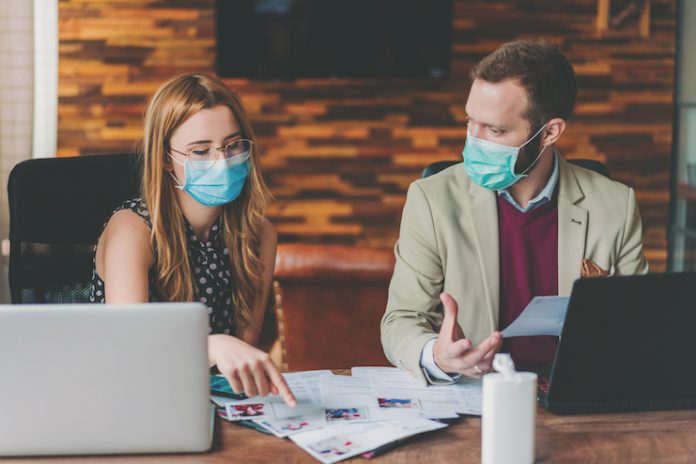The hospitality and leisure sectors employ arts, entertainment, recreation, lodging, and food service workers, among many others. The COVID-19 pandemic changed the landscape of hospitality and leisure employment; the industries were forced to hibernate as employment plunged between February and April 2020.
People began to slowly reemerge from isolation in mid-May 2020, and some restaurants, hotels, and theaters began to reopen, some funded by local or state subsidiaries to stimulate the economy. Leisure and hospitality employment continued to grow, slowing somewhat over summer, but job openings in the tourism industry—which leads much of hospitality and leisure businesses—remained dormant.
Eventually, the employment comeback stalled as the numbers of COVID-19 cases climbed at the end of 2020. Some states implemented partial lockdowns in January in the hopes of lowering positivity rates, and, in turn, dampened employment growth.
However, in 2021, substantial employment growth has returned as more travelers become vaccinated and more comfortable with traveling. Later this year, students might return to school and workers might return to offices, generating a sense of pre-COVID life. Returning to in-person schooling and working might curtail recreational travel beyond seasonal adventures; however, many will take longer trips to visit family or excursions to destinations when COVID-19 numbers lower, increasing occupancy levels.
There are many unpredictable factors that will contribute to the pace of employment growth.
The Economy
The unemployment rate is still low, but not as low as it was at this time in 2020. The United States produced three rounds of economic stimulus, the CARES Act, the coronavirus relief package this January, and the American Rescue Plan Act. And, recently, the U.S. Centers for Disease Control and Prevention (CDC) announced that fully vaccinated people do not have to wear masks or social distance. This should boost consumer activity and confidence in comfortability and not contracting COVID-19.
Vaccinations
The strong demand that met the release of the COVID-19 vaccines has tapered off. Leisure and hospitality businesses depend on if or when the United States reaches a level that the CDC and other agencies deem safe.
COVID-19
COVID-19 could further spread for several reasons. People who elect not to get the vaccine might become infected. Variants that are vaccine-resistant could infect people perceived as protected. If COVID-19 spreads, government officials might impose further health restrictions, forcing people to return to a virtual world.
U.S. health and economic issues will be a factor in the country’s employment rate returning to pre-pandemic levels. In the meantime, leisure and hospitality companies will continue to undergo change. The restaurant industry will continue transitioning into takeout or delivery options. And as more contactless technology solutions emerge, the job market will significantly change. With those changes, employment may not return to pre-pandemic levels until 2022.











